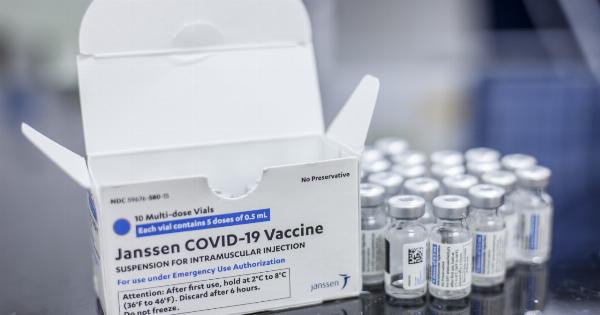Psoriasis is a chronic autoimmune condition that affects the skin, causing it to develop red, scaly patches. It can be a distressing and uncomfortable condition, but with the right management strategies, individuals with psoriasis can lead normal lives.
This illustrated guide will provide valuable insights into managing psoriasis effectively.
1. Understanding Psoriasis
Psoriasis is characterized by an overactive immune system that triggers the excessive growth of skin cells. This results in the formation of raised, red patches covered with silver scales.
It commonly affects the elbows, knees, scalp, and lower back, but it can occur on any part of the body.
2. Types of Psoriasis
Psoriasis can manifest in various forms, including:.
- Plaque psoriasis: the most common type, characterized by raised, inflamed patches with silvery scales.
- Guttate psoriasis: small, dot-like lesions that often appear after a strep throat infection.
- Inverse psoriasis: smooth, red patches that develop in the armpits, groin, or under the breasts.
- Pustular psoriasis: characterized by white, pus-filled blisters surrounded by red skin.
- Erythrodermic psoriasis: a rare and severe form that affects large areas of the body, leading to intense redness and shedding of skin.
3. Triggers of Psoriasis
Psoriasis flare-ups can be triggered by various factors, including:.
- Stress and emotional upheaval
- Certain medications
- Infections such as colds or strep throat
- Skin injuries or trauma
- Excessive alcohol consumption
- Smoking
4. Lifestyle Modifications
While psoriasis has no cure, several lifestyle modifications can help manage the condition:.
- Maintain a healthy weight to reduce inflammation.
- Adopt a balanced diet with plenty of fruits, vegetables, and omega-3 fatty acids.
- Avoid trigger foods, such as dairy products and gluten, if they worsen symptoms.
- Engage in regular exercise to reduce stress and promote overall well-being.
- Avoid smoking and limit alcohol consumption.
5. Topical Treatments
Topical treatments are often the first line of defense against psoriasis symptoms. They include:.
- Corticosteroids: anti-inflammatory creams or ointments to reduce redness and inflammation.
- Vitamin D analogues: creams that slow down the growth of skin cells.
- Anthralin: a medication that regulates DNA activity in the skin cells, reducing inflammation and scaling.
- Salicylic acid: helps remove scales and smooth the skin.
6. Phototherapy
Phototherapy involves controlled exposure to ultraviolet light to reduce inflammation and suppress the immune system. Types of phototherapy include:.
- UVB therapy: exposes the skin to UVB light to slow down the excessive growth of skin cells.
- PUVA therapy: combines the use of psoralen (a medication) with UVA light exposure.
- Excimer laser: targets specific areas of affected skin using high-dose UVB light.
7. Systemic Medications
Systemic medications are prescribed for moderate to severe psoriasis and include:.
- Methotrexate: reduces inflammation and slows down cell turnover.
- Cyclosporine: suppresses the immune system to reduce symptoms.
- Biologics: genetically engineered drugs that target specific parts of the immune system.
- Retinoids: derived from vitamin A, they help reduce inflammation and slow cell growth.
8. Alternative Therapies
While scientific evidence is limited, some individuals find relief with alternative therapies like:.
- Aloe vera: applying the gel may soothe inflammation and reduce scaling.
- Acupuncture: stimulates specific points in the body to alleviate symptoms.
- Dead Sea salts: bathing in the salts may provide relief from itching and scaling.
- Herbal supplements: some herbs, like Oregon grape, have been used to manage psoriasis symptoms.
9. Managing Itch and Discomfort
To manage the itch and discomfort associated with psoriasis, consider the following:.
- Moisturize regularly to prevent dryness and itching.
- Take warm, not hot, baths with mild, fragrance-free cleansers.
- Apply cold compresses or ice packs to alleviate itching.
- Avoid scratching, as it can worsen symptoms and lead to infection.
10. Emotional Support
Living with psoriasis can be emotionally challenging. Seek support from:.































